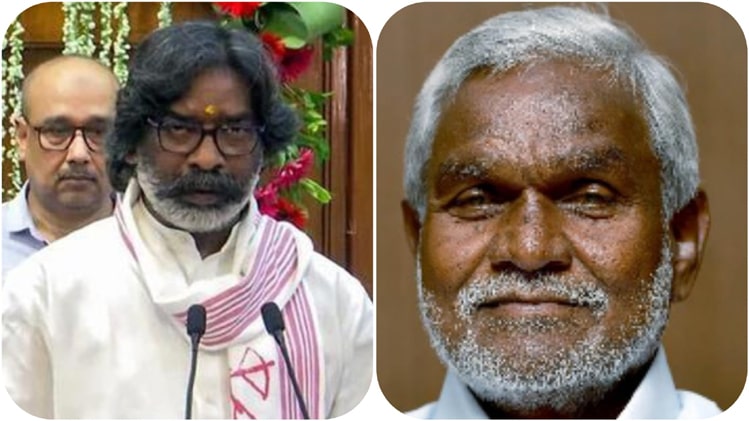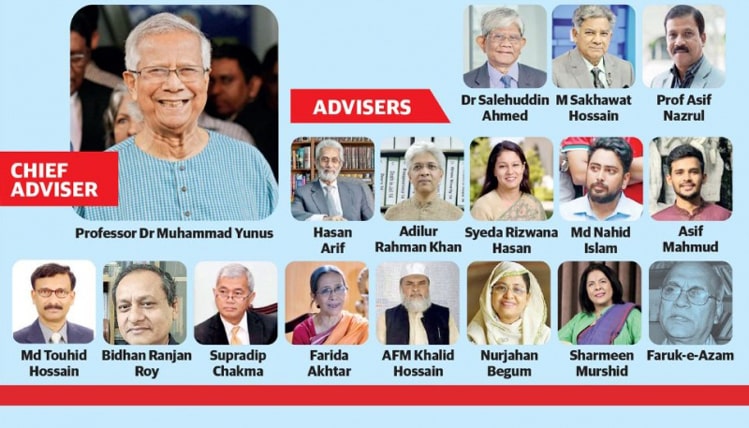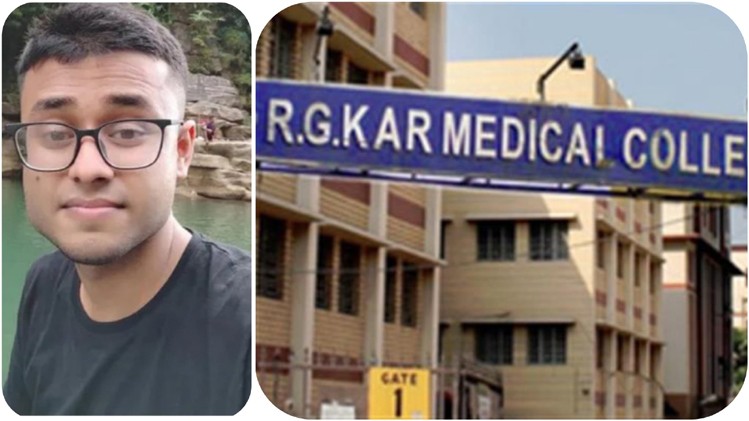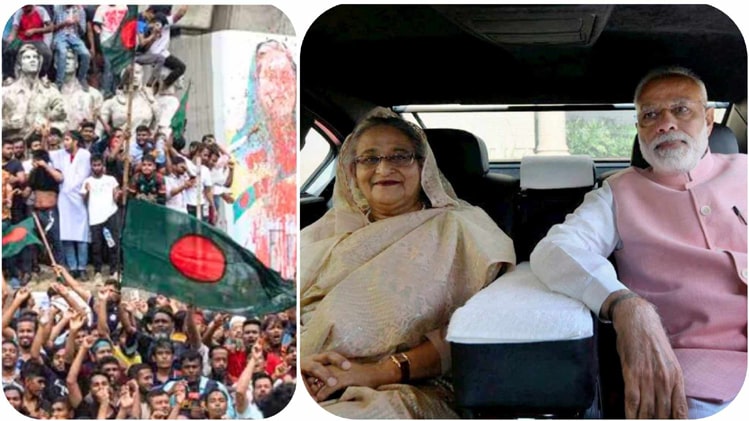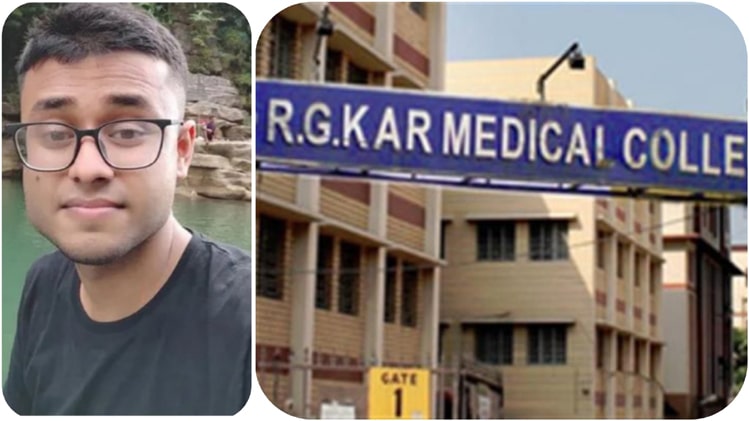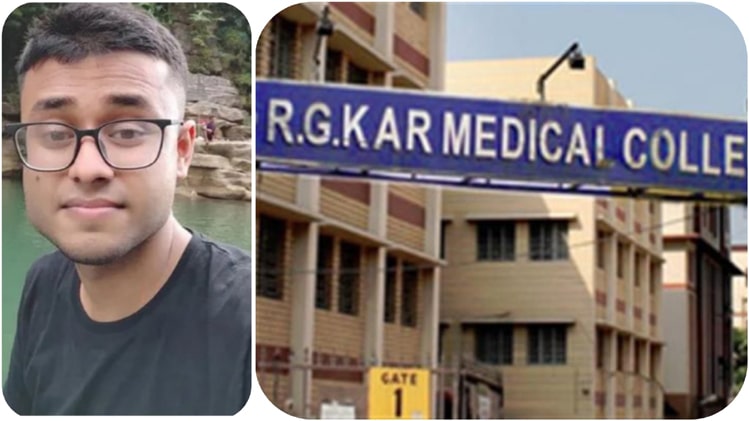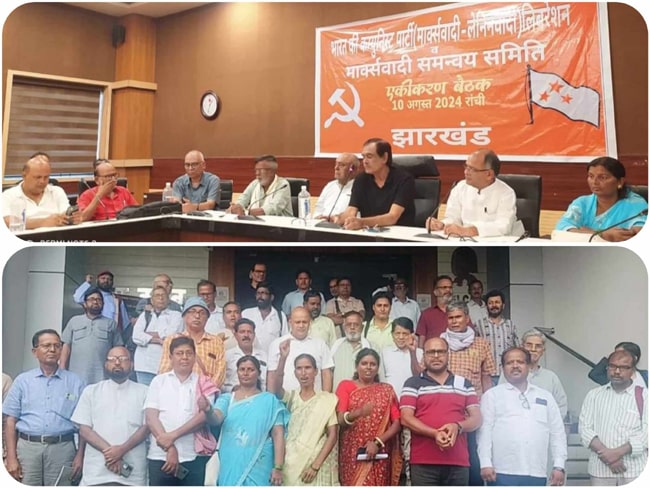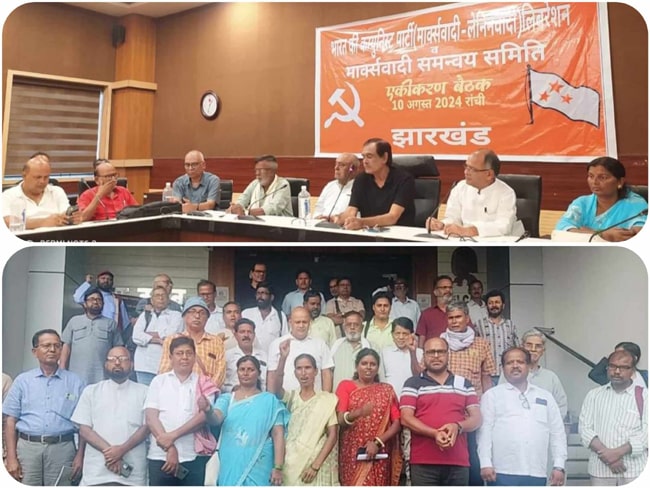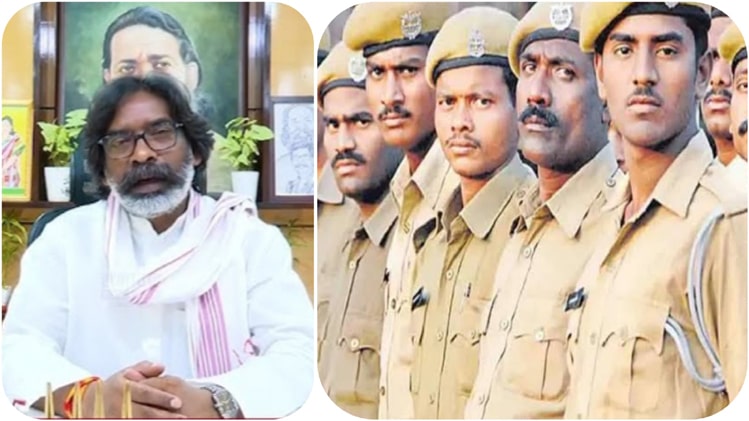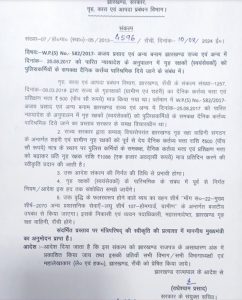[dropcap]B[/dropcap]angladesh is returning to normalcy. The new government, led by eminent citizen Mohammad Yunus, has taken over and spoken positively about minorities in Bangladesh. The chief of the interim government visited many temples met Hindu community leaders and assured them fullest protection. Bangladesh’s home-in-charge Brigadier apologized to Hindus for whatever happened during the chaos and anarchy. It is heartening to see student leaders, and commoners coming together and assuring each other. As a neighbour, India had every right to think about its security when anything happens there whether Bangladesh, Nepal, Sri Lanka, Myanmar or Pakistan. Anything that happens in this country democratically or undemocratically, impacts India.
The Role of India in South Asian Democracies: A Fine Balance
Similarly, all these countries are independent hence what kind of leadership and government they like is purely an internal matter of them. It is also a reality that democratic movements in these countries got strengthened in India as most of the South Asian leaders would find it easier to live in India than go to America or Britain. During the tyranny of the former King in Nepal, a majority of the leaders there lived in Delhi, Varanasi or Kolkata. Similarly, when several Bangladesh leaders lived in India whenever there was a crisis. Leaders from even Myanmar and Sri Lanka had lived here. Tibet’s government in exile functioned from India but those were different times. Political leadership was more mature and sensitive to understanding that while dissenters and political leaders facing threats were allowed to live in India, the government never tried to intervene in the internal affairs of the neighbouring countries. That way, we had warm and cordial relations with Nepal, Bangladesh, Bhutan, Maldives, Sri Lanka and Myanmar. Except for Pakistan and China, most of the other South Asian countries had healthy relations with India. Even with Pakistan and China, the relationship has not deteriorated as it is at the moment.
The crisis in Bangladesh is important to understand and how India can not and should not be seen as supporting one political party or another. It also gives us a lesson that while people respect their national icons, the resentment against them grows and takes a volatile shape when they are imposed on people and when they go against ordinary people or impose certain things or do things in excess. Bangladesh is an ideal example but what happens also reflects the nature of Bangla people who never sit silently and speak up. Student movement played a historic role in the liberation of Bangladesh from the brutal and repressive regime of Pakistan. One can not ignore the language movement in that country and now one can see the student leadership painting the streets of Dhaka and other cities with its futuristic vision. Two young leaders of the student movement are part of the new government and as per reports, might be forming a new political party. So far, except for a few days, those responsible for governing Bangladesh have spoken with great care and maturity. The Chief Advisor Mohammad Yunus visited many Hindu localities and temples to assuage the hurt feelings of the community which faced the brutal brunt of the violence in the aftermath of the collapse of government led by Sheikh Hasina.
The Student Uprising and Its Role in Shaping Bangladesh’s Future
As happens in every protest, different ideologies and political formations use the occasion for their growth. The religious right-wings target minorities everywhere as they are seen as the biggest obstacles in the ‘attainment’ of a particular form of government. It is a fact that the right-wing forces there thought it the best opportunity for them to enter into the movement and use it but they got exposed too. There is no doubt that Sheikh Hasina’s 15-year rule was proving lethargic for her party but often political leaders in our part of the world get isolated from the people and surrounded by the ‘careerist’ politicians and advisors. The result is the development of ‘conspiracy’ theories for every uncomfortable question asked by the power and brutal suppression if there is a mass protest. Sheikh Hasina made a huge mistake in ignoring the massive unrest and closing all doors for negotiations. No government will be able to survive if so, many young lives are lost without any reason and no action is taken against the perpetrators of the crime.
The panic button that Indian media pressed about the attack on Hindus was a dangerous one particularly when every conspiratory theorist and Bangladesh ‘expert’ in India was seeing an American angel in it. There is no doubt that Americans are experts in creating a ‘people’s revolution’ in many countries but the fact of the matter in Bangladesh was the bad handling of the situation. Most of the Indian media experts ignored the protests in Bangladesh in the beginning and only started reporting it fairly when the massive crowd of students as well as others started marching towards the ‘Ganbhavan’, the official residence of the Prime Minister of Bangladesh. Within an hour’s reach Sheikh Hasina was able to flee to India and we saw the violence and chaos in Bangladesh afterwards. The prime minister’s residence was ransacked by the crowd as the entire security apparatus seemed to have disappeared. The problem in Indian media was that it was working in different directions but mainly two. One was the communal angle, basically an ‘attack’ on Hindus particularly when in many places the attack did happen as it gave many opportunities for to many in exploiting the situation. The other, started by Arnab and Republic TV, was an American conspiracy and later given credence by RTV and Sputnik. Later, RTV and Sputnik also started questioning Indian opposition leaders and questioning the Modi regime. It was unusual for a foreign channel to speak about the political differences in a friendly country but it seemed the Indian Rightwing has entered there too.
Now, one can say that the violence in the aftermath of the fall of the Sheikh Hasina government was not a great advertisement for Bangladesh which enjoyed the level of an inclusive society, particularly the minority Hindu population is said to have gained a lot under Sheikh Hasina period. The daily dose of videos of ‘brutal’ ‘violence’ and ‘rapes’ on Hindus got circulated widely in the Indian media in particular which was working hard to play its favourite card of Muslim bashing to benefit the ruling party in India by polarizing the public opinion. The problem with the Indian media is that most of them would not like to antagonize the Western world, particularly the United States but the same media enjoyed huge TRP through this polarizing public opinion and some new entrants are there in the form of RTV and Sputnik where one can say firmly that the presence of right-wing exists. Indian media that way, has become an embarrassment for the country.
The media which vilified Muslims and even justified mob lynching incidents, which presented the issues of bulldozer justice as a great ‘revolutionary’ step as it was being blatantly misused against the Muslims in India, suddenly turned proponents of minority rights in Bangladesh. There is no doubt that there was violence and lawlessness in Bangladesh but it is also a fact that the political leadership whether students, military or political parties including the much-maligned BNP and Jamat-e-Islami spoke about inclusion and unequivocally condemned violence against Hindus. The home minister apologized and the Prime Minister when arrived at Dhaka warned that unless the people stop the violence against minorities, it would be difficult for him to lead the government. So, in terms of the political statements of various leaders, Bangladesh leaders showed bigger hearts and maturity than most of the political leaders particularly the Hindutva political class as well as their local leaders who suffer from megalomania and continuously speak of hatred.
The political modus operandi of the BJP, its propagandist media and politicians are similar. They won’t speak about minority rights in India but they want minorities given all the rights in countries where Hindus are a minority. Those who bark daily about every Muslim in India being a Bangladeshi which for them meant an illegal ‘ghuspaithiya’ and not even a respectable word ‘immigrant’ or ‘migrant’. In the last decade, Indian media and BJP leaders made Bangladesh look like a gali used to humiliate every Muslim who looked like a Bengali. Interestingly, the only person who got disproportionate publicity in Indian media was the US-based son of Prime Minister Sheikh Hasina. Sajeeb Wajed used this opportunity to raise all the issues about the Bangladesh uprising. He blamed the opposition and external forces, particularly the United States. He was ‘breaking news’ for every channel who were claiming ‘exclusive’ and ‘only’ on ‘your channel’. There are a few others in Bangladesh who blamed Rahul Gandhi for having met some BNP leaders in London and planned an uprising. It is obvious there are people of all varieties but the media look for those charlatans who can be used for setting up a political agenda.
Lessons from History: Nehru, Indira Gandhi, and the Crisis in Bangladesh
For India and for that matter, any country, the best bet is to support the political process in the country. What kind of government Bangladesh wants and who should lead it is perfectly their internal matter and we must respect that. Strategic interest is important but we need to play as the rule book. Sheikh Hasina is now the past and India needs to look forward to new realities in Bangladesh. Good that India supported Sheikh Hasina but once the government is established there, it would be observed how the government of India handles this issue because the new regime would want Hasina back and face the judicial process as hundreds of charges are piling up against her. It will depend on the judicial system as to how it handles the cases against her. A peaceful Bangladesh and for that matter, any other neighbour is always good for India. Even for them, having good relations with India is essential because of their geographical location whether it is Nepal, Bangladesh or Sri Lanka.
Many of the Indian commentators and ‘experts’ were rightly disturbed to see the rampaging mobs targeting the Sheikh Mujeeb museum. His statues were targeted and brought down, in the aftermath of the fall of the Sheikh Hasina government. Is it surprising that the youth in Bangladesh were humiliating their own ‘father of the nation’ particularly when we have seen how the Hindutva lobby has been constantly targeting Gandhi? India’s first prime minister Jawaharlal Nehru has been the target of their vilification campaign. Now, Nehru despite being the tallest leader of his time and when most of his colleagues like Sardar Patel, and Dr Ambedkar had passed away. He was the supreme leader of the country yet remained committed to democracy. Political parties flourished under him. The man remained at the helm of affairs of India for nearly 17 years yet loved criticism. He would write anonymous op-ed pages criticizing himself. He could have turned India into a dictatorship and one-party state but he did not do so. That is the power of Nehru that even in his government, those leaders who were critical of his party and him were made ministers. Compare it with Sheikh Mujeeb, who was undoubtedly the leader of the Bangladesh Liberation Movement though not necessarily truly secular once Bangladesh was liberated, Mujeeb within a couple of years turned dictator who disliked his opponents, sent them to jail and finally pushed for a one-party government in Bangladesh.
Today, his daughter Sheikh Hasina was virtually controlling all the institutions and a feeling had crept into the minds of the people that ultimately she was taking her country into one-party rule. Sheikh Mujeeb was made larger than life and some people respect his role in the Liberation Movement against Pakistan but would like the people of Bangladesh and other leaders to take the credit for it. Who can forget the Student uprising in 1948 when Jinnah went to Dhaka and at the university talked about ‘Urdu shall be the national language of Pakistan’ and faced huge protests? Hence it is important when history is written officially, one should avoid glorification of one individual and deletion of others. It ultimately results in misgivings and people get fed up with the process. Nehru remained the tallest of anti-colonial heroes because, unlike most others, he did not become a despot and remained down to earth and connected with the masses.
Before I conclude this, I would say how those who are defending Sheikh Hasina’s act of brutal suppression of the student movement in Bangladesh, condemn Indira Gandhi for his acts during the emergency. Even when laws at the moment have become more repressive than they existed during the emergency, we would like to ask why we condone or ignore violence against students in Bangladesh. Sheikh Hasina should have spoken to the students but she blamed them and called them Razakars she later denied it and said her comments were misunderstood but the fact is, a leader who was protected by India when her family was massacred on August 15, 1975. Indira Gandhi did her best to protect her but things started taking the same shape in India during that period as an emergency had been declared in June. India was aware of the impact of Bangladesh incidents on it. During the entire protests, even as a very powerful prime minister, Indira Gandhi attended the hearing at Allahabad High Court. She lifted the emergency after a year and ordered an election which she lost.
The Janata leaders were too petty-minded and tried to create obstacles for her and did everything in their dirty books to humiliate her. There was a time when people said she would leave India but Indira Gandhi was a woman of substance and great determination. She faced everything in India and won people’s hearts again. She never left India. Nor was her son abroad giving interviews about her greatness. They all remained in India and faced the onslaught of the Janata regime with great courage. Contrary to this, look at Sheikh Hasina, who suppressed the movement but did not dare to speak to students and fled from her country. The crisis gives us the lesson that political leaders are not bigger than people and that they must continue to listen to the people. Jawahar Lal Nehru and Indira Gandhi remained the most iconic leaders of independent India for their incredible courage convictions and thorough dedication to the idea of India. Nehru nurtured democracy and remained democrat till the end and Indira Gandhi showed us how to fight with great courage conviction and dignity even at times when things were extremely adverse for us which neither Sheikh Mujeeb nor Sheikh Hasina had in them otherwise Bangladesh would not have seen this uprising.


